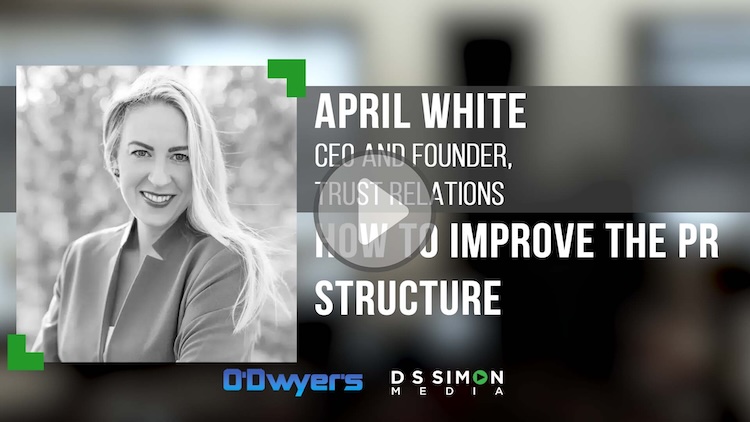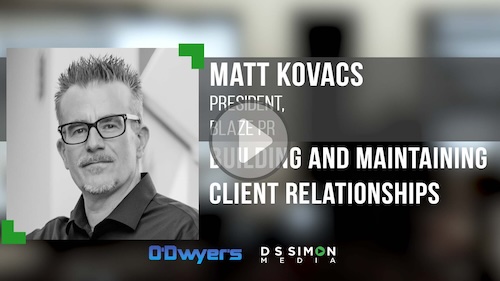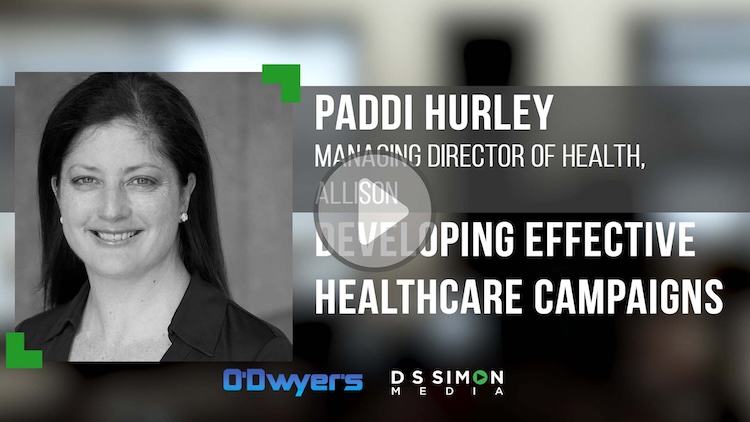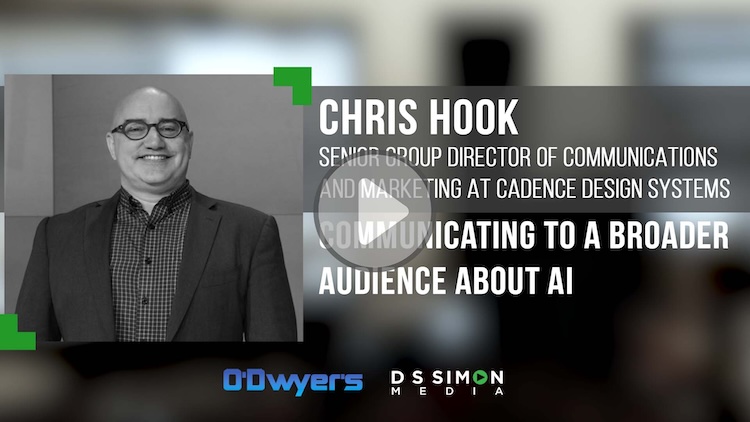"Diversity fatigue has become very real and it's growing," CLYDE senior vice president Jenny Wang tells Doug Simon. "Simply put, not enough progress has been made."
"Even today, only 10 percent of Fortune 500 companies have female CEOs, less than 1 percent have a woman of color at the helm. And in fact, Fortune 500 boards, when it comes to board representation, have also taken a step back."
Wang also notes that "we've seen so much backlash and politicization of ESG and 'woke capitalism.' It’s really being weaponized politically, and I think that just overall reflects the deep polarization that our country is in. "
To start making progress again on the DEI front again, she stresses the importance of several factors. One is to highlight that "the business case for gender equality, diversity, inclusion remains undeniable."
In addition, "consumer demographics are undeniable and consumer expectations are very much changing. We know that about three quarters of US consumers say that brands play an important role in advocating for positive social and environmental change."
The pace of that change will most likely speed up, Wang says. with millennials and Gen Z "prioritizing concerns around DE&I more and more" and influencing "where we work, which brands get our money and even our investment strategies."
To help move things ahead, Wang proposes building a strategy based what she calls the "four pillars of consideration": Intentionality, transparency, authenticity and creativity. That creativity can even include expanding the definition of diversity itself. "We, as in companies and organizations, are being asked to represent larger and different populations that are beyond even just race or ethnicity."
She also cautions against taking a one-size-fits-all approach to diversity or ESG issue. "Obviously ESG issues that matter to one company can be completely different from another company."
The Bud Light-Dylan Mulvaney controversy also comes up for discussion. "After the blowback against them using a trans influencer, Dylan Mulvaney, rather than doubling down, they unfortunately kind of did the opposite and didn't really say anything. By watering down so much and trying to be in the middle, they ended up just alienating everybody."
But Wang says brands should not give up on the bigger picture. "As we consider the greater role that businesses must play within society, it's important to remember businesses now have more trust from consumers than the media and then government institutions."
She also says that communicators need to remember that "we're not just saying words. I want to reiterate how important it is to make sure from a corporate reputation standpoint that your words are being backed up by real action."
View all of the interviews in the “PR's Top Pros Talk” series. Subscribe to get notified when new episodes are available.
Interested in taking part? Contact Doug Simon at [email protected]
D S Simon Media helps clients get their stories on television through satellite media tours and by producing and distributing content to the media. The company also produces live social media events.










 Have a comment? Send it to
Have a comment? Send it to 
No comments have been submitted for this story yet.